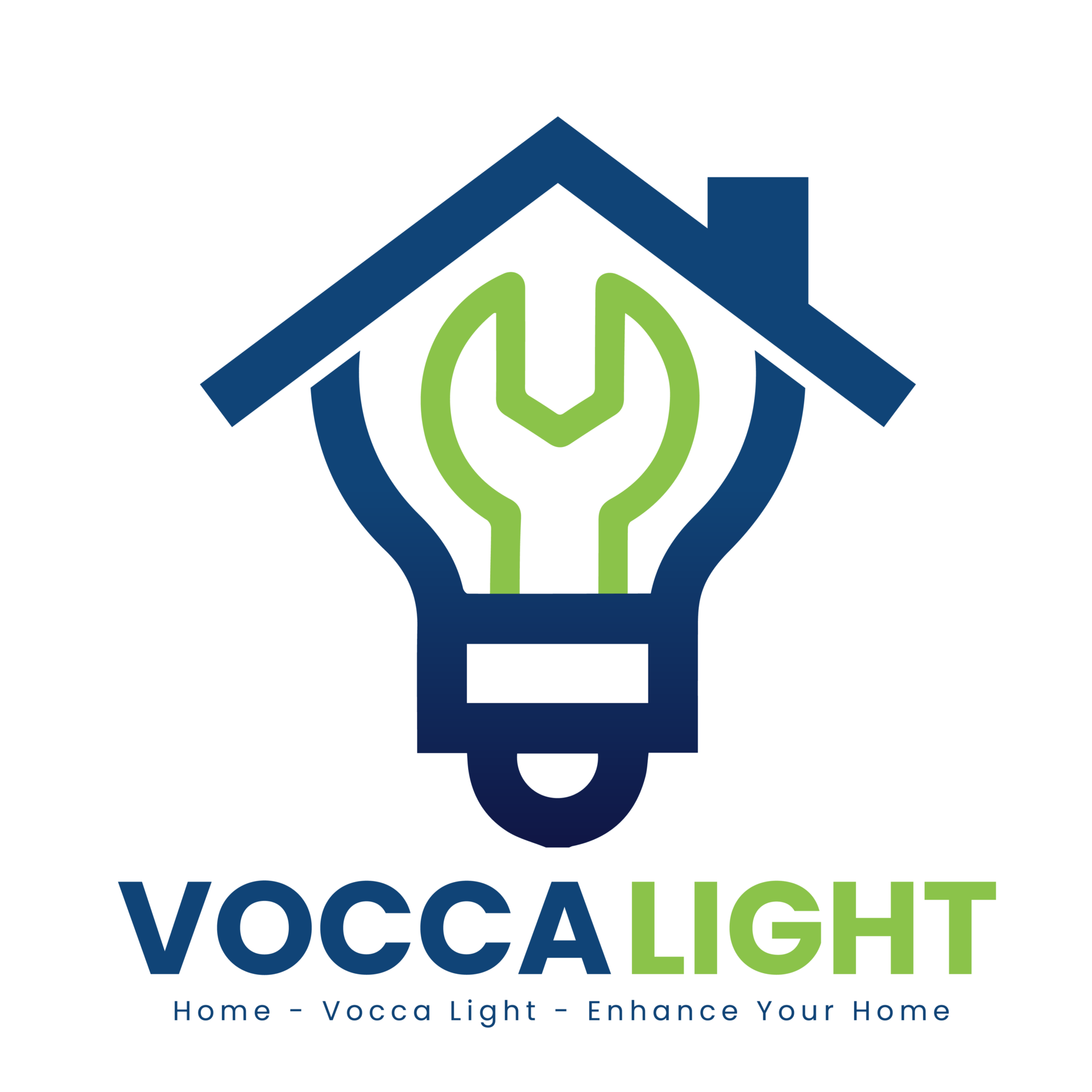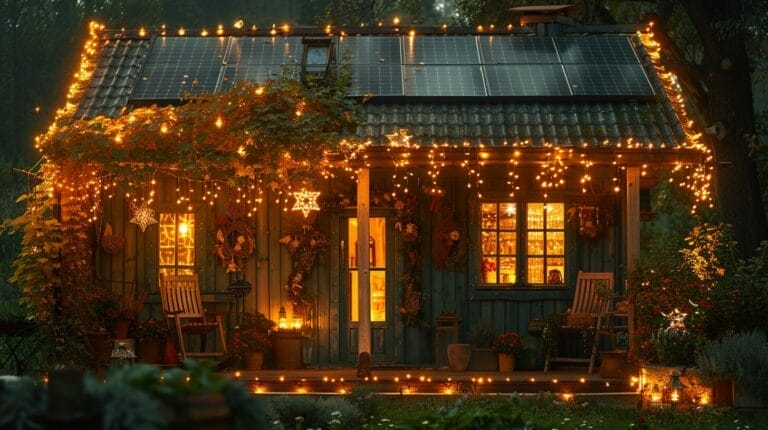Solar Installation for House: Affordable Residential Panels
Thinking about solar installation for your house? Curious about affordable options for residential panels? Explore our Solar Installation for House guide for insights into cost-effective solar solutions tailored to your home.
Key Takeaways
- Choose high-quality, affordable residential solar panels.
- Consider reputable installers for cost-effective setups.
- Evaluate financing options to make solar installation affordable.
- Optimize system size for maximum cost savings.
- Explore state incentives and tax credits for affordability.
Understanding the Basics of Solar Installation for Homeowners

When it comes to installing solar panels for our homes, understanding the fundamentals of solar energy is essential. Solar installation is more than just placing panels on your roof—it’s about harnessing the power of sunlight to generate electricity for your household. This opens up a world of possibilities for homeowners to embrace renewable energy and reduce their carbon footprint.
Investing in solar energy can bring many benefits, including lower electricity bills and reduced dependence on traditional energy sources. Although the initial cost of solar installation may seem daunting, it’s a wise financial decision in the long run. With a grasp of solar energy basics, homeowners can make informed choices about the type of residential panels that best suit their needs and budget.
Innovations in solar technology have made it more accessible and efficient for households to adopt this sustainable energy source. By embracing solar installation, we not only benefit as homeowners but also contribute to a greener and more sustainable future.
Assessing the Cost to Install Solar Panels on Your Home

Evaluating the cost of installing solar panels on your home requires a detailed understanding of potential expenses. Here are some key points to consider:
- Solar Panels: The primary cost involves purchasing the solar panels themselves, which can vary based on the quality and efficiency of the panels chosen.
- Installation: Costs cover labor expenses, mounting equipment, wiring, and inverters necessary to set up the solar panel system on your property.
- Additional Costs: Beyond the panels and installation, additional costs may include permits, inspection fees, and potential upgrades to your current electrical system.
- Financing Options: Explore various financing options such as solar loans, leases, power purchase agreements, or incentives like tax credits to make the upfront cost more manageable.
Understanding these components is key to evaluating the cost of installing solar panels on your home and making an informed decision about transitioning to solar energy.
Determining How Many Solar Panels You Need for Your Home

To determine the appropriate number of solar panels for your home, consider your energy needs and the efficiency of solar panels in your location. Start by examining your electricity bills to determine your average daily usage. This information will help you calculate the number of solar panels required to meet your energy needs.
The impact of your location on solar panel efficiency can’t be overstated. Factors such as sunlight availability, shading from nearby structures, and weather patterns can affect the performance of residential panels. Utilize online tools or consult with solar professionals to assess how these elements influence the sizing of your solar system.
Choosing the Right Installer for Your Residential Solar Panel Installation

Selecting the right installer for your residential solar panel installation is crucial for a successful transition to solar energy. Here are some essential factors to consider:
- Research Solar Companies: Look into reputable solar companies with a track record of successful installations. Check reviews and ratings to gauge customer satisfaction and reliability.
- Verify Installer Qualifications: Ensure the solar installer is certified and experienced in residential installations.
- Review Warranties and Service Guarantees: Understand the warranties provided for the solar panels and installation work.
- Get Multiple Quotes: Obtain quotes from different companies to compare pricing, services offered, and overall value.
Are Affordable Residential Panels a Good Option for Reducing the Expenses of Solar Power for Homes?
Yes, Affordable Residential Panels can significantly reduce solar panel expenses for homes. Investing in these cost-effective solutions can lower the overall upfront costs of solar power systems, making them more accessible to homeowners and more affordable in the long run.
Making the Most of Solar Installation: Incentives and Savings

Maximizing the benefits of solar installation includes taking advantage of incentives and savings to optimize your investment. Here’s how you can maximize your investment:
- Solar Incentives: Explore solar tax credits to offset installation costs. Look into state-specific incentives for additional savings. Take advantage of federal incentives for long-term benefits.
- Utility Bill Savings: Lower your monthly utility bills with solar energy. Invest in energy-efficient appliances to further reduce bills.
- ROI Projection: Calculate the return on investment for your system. Project how much you can save by 2024 with solar panels. Compare the cost of installation to the savings over time.
Conclusion
To sum up, fitting solar panels on our homes isn’t only cost-effective but also an eco-friendly choice for the environment. By grasping the basics, evaluating costs, determining our needs, and selecting the right installer, we can maximize the benefits of solar installation.
With incentives and savings accessible, transitioning to solar energy is a wise investment for our homes and our planet. Let’s take the step towards a cleaner and more sustainable future with residential solar panels.
Frequently Asked Questions
What is home solar installation and why is it important?
Home solar installation refers to the process of installing solar panels on the roof of a residential property to harness the power of the sun and convert it into electricity. It is important as it can significantly reduce electricity bills, decrease the carbon footprint, and provide a renewable energy source for homes.
How much do solar panels cost for a typical residential installation?
The cost of solar panels for a residential installation can vary depending on the size of the system, quality of panels, location, and incentives available. On average, the cost can range from $10,000 to $20,000 before any rebates or credits.
Are solar panels worth the investment in terms of savings?
Yes, solar panels are worth the investment for many homeowners as they can provide long-term savings on electricity bills, increase the value of the property, and offer a clean energy alternative.
What type of solar panel system is suitable for a residential property?
For residential properties, rooftop solar panels are commonly used as they can efficiently capture sunlight and generate electricity. The size of the system will depend on the energy needs of the household.
How do solar panels work to generate electricity?
Solar panels work by absorbing sunlight through photovoltaic cells, which convert sunlight into direct current (DC) electricity. An inverter then converts DC electricity into alternating current (AC) electricity, which can be used to power appliances in the home.







